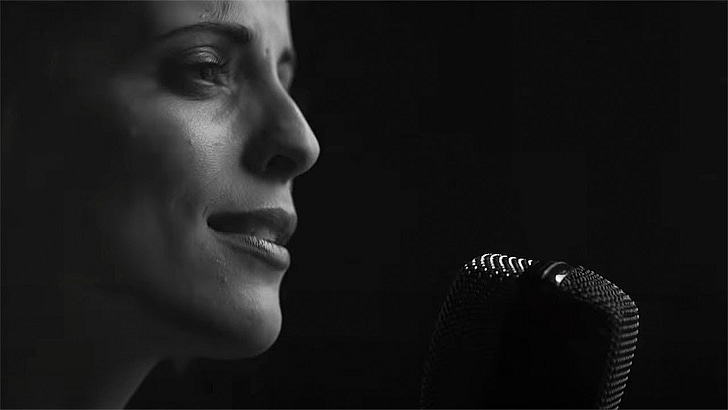Es reist sich besser mit leichtem Gepäck
It's better to travel light – "Leichtes Gepäck" by Silbermond
As we move through life, it’s easy to start accumulating more than we really need – both literally and in a more abstract sense. What would it look like to pare down our possessions and priorities to only what is really most important? German pop rock band Silbermond explores this idea in their 2015 hit “Leichtes Gepäck” (“Light Luggage”).
While the song may contain deeper metaphors for letting go of more than just physical possessions, I also see connections between the message of “Leichtes Gepäck” and the greater focus on environmental care and sustainable living that I’ve noticed since living in Germany.
Silbermond has been making music for over 20 years, since the band members met as teenagers in Bautzen, Germany. This town in the Sachsen region of Germany is not far from where my husband grew up – leading us to feel a little more personally connected with this talented group of musicians.
Eines Tages fällt dir auf
One day you notice
Dass du 99 Prozent nicht brauchst
That you don’t need 99% (of what you have)
Du nimmst all den Ballast und schmeißt ihn weg
You take all of the excess and throw it away
Denn es reist sich besser mit leichtem Gepäck
Because it’s easier to travel with light luggage
Have you noticed that the correct way to say “one day” in German is not “ein Tag”, but rather “eines Tages”?
Eines Tages werde ich München besuchen.
One day I will visit Munich.Eines Tages sehen wir Silbermond im Konzert.
One day we will see Silbermond in concert.Eines Tages fällt dir auf, dass du 99 Prozent nicht brauchst.
One day you notice that you don’t need 99% (of what you have).
If you’re like me, this may be something you’ve simply learned to use, even if you don’t fully understand why. (No shame in that!)
But if you’re curious, the reason for this can be traced back to the least-utilized (and perhaps least-understood) of German’s four cases – the genitive case. Broadly speaking, the genitive case is used to define possession. Zum Beispiel:
Bautzen liegt in der Nähe der Heimatstadt meines Mannes.
Bautzen is near my husband’s hometown.
In this example, “mein Mann” is in the genitive case (“meines Mannes”), indicating that the hometown in question “belongs to” (or is associated with) my husband.
However, there are many additional uses for the genitive as well, one of which is the “adverbial genitive,” used to describe indefinite expressions of time – such as “one day.”
Other examples of the adverbial genitive include:
morgens (“Morgens trinke ich Kaffee.” – I drink coffee in the morning.)
abends (“Wir gehen abends spazieren.” – Evenings, we go for a stroll.)
wochentags (“Wochentags gehe ich zur Arbeit.” – On weekdays, I go to work.)
eines Nachts (“Eines Nachts hatte ich einen seltsamen Traum.” – One night I had a strange dream.)
If you’re interested in learning more of the ins and outs of the genitive case, be sure to check out this excellent article by German with Laura.
And if you are noch nicht soweit (not quite there yet), no worries – compared to the other three German cases (nominative, accusative, dative), use of the genitive is rather limited, and I’ve personally found that the more exposure you have to spoken or written German, the more these “set phrases” in the genitive will automatically stick with you and become part of your vocabulary.
Here are a few additional words from “Leichtes Gepäck” to add to your vocabulary list:
eines Tages – one day
auffallen – to notice
brauchen – to need
der Ballast – the excess / dead weight
wegschmeißen – to throw away
leicht – light
der Gepäck – the luggage / baggage
die Dinge – the things
die Klamotten – the clothes (colloquial)
die Spinnweben – the spider webs / cobwebs
der Kram – the junk
die Vorstellung – the idea
loswerden – to get rid of
loslassen – to let go of
brennen – to burn
wichtig – important
der Dreck – the dirt



